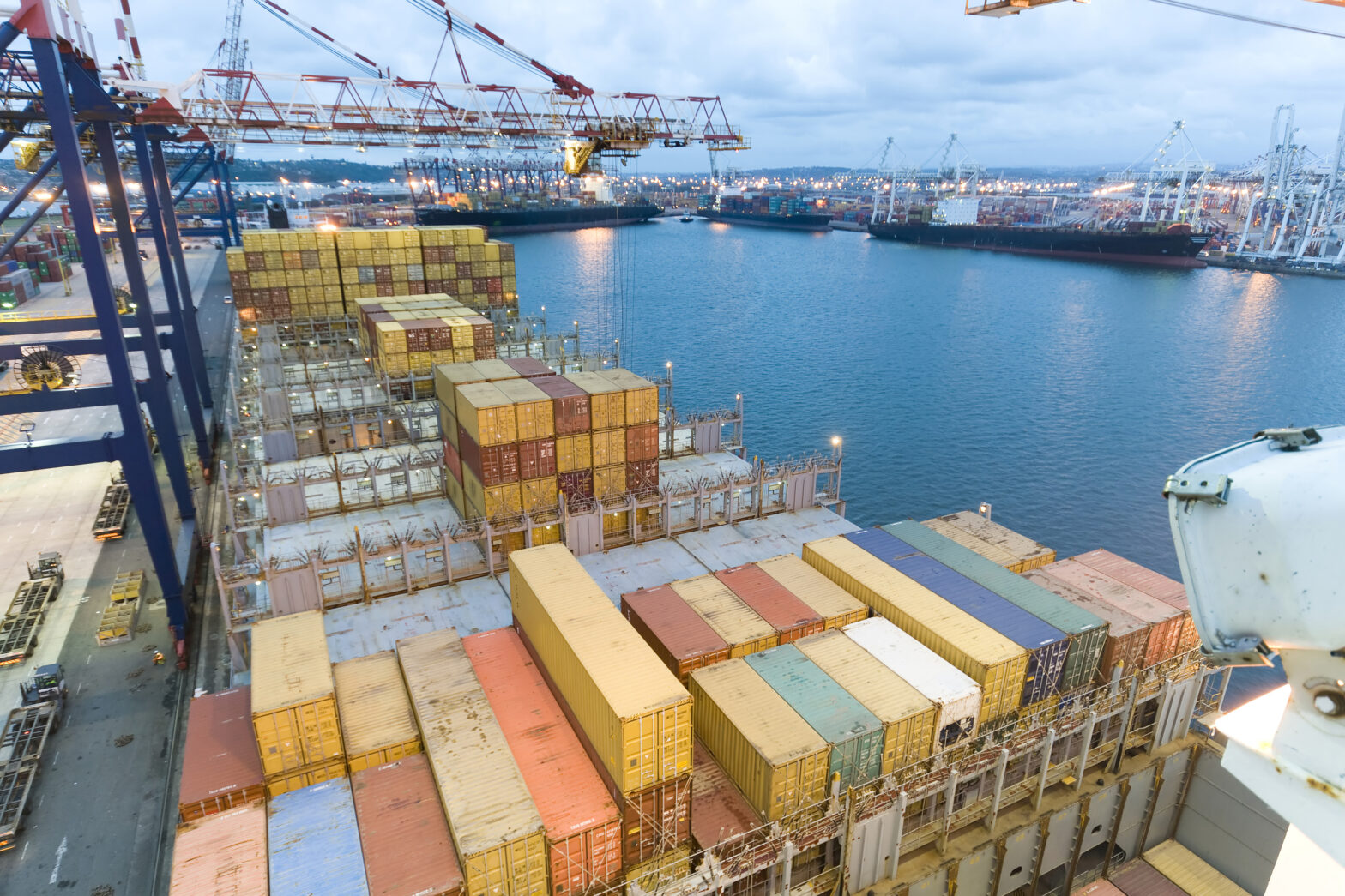More and more start-ups and small companies are incorporating international sales as a core part of their business strategy from the get-go. Exporting for the first time is something more small businesses are thinking about.
In fact, around 10 per cent of all UK SMEs are exporters, with hungry, outward-thinking small firms breaking international markets and capitalising on the average £287,000 additional sales revenue each year which facilitating international orders can deliver for small businesses.
And research from the Government’s export credit agency, UK Export Finance, has found that firms trading internationally grew at a rate of over 15 per cent compared to just 8.4 per cent for those focusing on domestic markets over the last two years.
But exporting for the first time can be a tricky operation, particularly for firms with little experience of selling overseas, or indeed for small and sometimes very successful local business looking to expand horizons into new markets.
So, what are the key challenges for businesses exporting for the first time? What are those key barriers to entry?
5 things to remember when exporting for the first time
#1 – Identifying potentially profitable markets
From the very offset, if a business is yet to receive international orders and is instead looking at which markets to target for global expansion, it’s critical to fully explore target territories, their potential and also pitfalls.
This research will form the bedrock of future international sales efforts and incorporate an analysis of market demand, the potential for growth in a particular niche, and indeed the level of competition which already exists in that market.
Analysis of this type can save companies millions in the long run. Larger firms, for example, will likely set-up sales infrastructure, as well as the capability to fulfil orders, in and around target territories. If the market research stage is skipped, huge cultural, competitor and pricing factors can be missed and ultimately limit the profitable potential of the country or region.
#2 – Market regulations
Safety, production and quality regulations differ from market to market, particularly in sectors such as pharmaceutical, supplements, food, manufacturing and construction goods.
Even slight variations in product regulations could require production changes which can be costly and will also earmark batches of product which may only be able to be sold in one country – a potentially risky up-front investment to facilitate those fledgling orders.
Understanding these market regulations from the off is critical to ensure the first foray into exporting isn’t one step forward, five steps back.
This level of detail is also required for service companies that may deal with personal data. For example, GDPR covers the majority of Europe with strict guidelines and hefty potential fines for companies that fail to comply, while individual states in the USA such as California are also introducing their own privacy laws.
#3 – Logistics and paperwork
It’s one thing facilitating orders within the same country – it’s an entirely different game facilitating international sales.
While globalisation has made it easier than ever to start and run a successful global business, it still marks a step-change for a smaller firm operating internationally for the first time.
Factors such as fluctuating shipping prices, potential delays and lost cargo all need to be factored in. As recent drone attacks in the Red Sea and similar events in other important zones for sea transport have shown, there are always things that can temporarily impact prices and timings.
Once logistics are arranged, including potential warehousing at location B, there’s also the small matter of customs paperwork which, as the Brexit process has shown, can be a costly endeavour, especially when dealing with regular and bulk shipments.
#4 – Shifting currency values
Managing multiple currencies whilst selling abroad is an additional headache for first-time or novice exporters. However, unlike multi-national organisations which may hire currency traders to deal (and potentially capitalise) on shifting values, smaller firms can follow some simple steps to protect their prices and profit margins.
First, always try to do business in your local currency, thus passing the risk of falling values onto the buyer.
However, if the buyer insists on their own currency, which they may do and you may wish to facilitate in order to not lose business, look to lock-in exchange rates in advance. SMEs are unlikely to have cash reserves to swallow any negative movements on the foreign exchange, but this option can mitigate daily small movements in currency values.
Most importantly at the start though is to not try and play the markets. Focus on the product, the new customer and ensuring regulatory alignment and, ultimately, fulfilling those first international orders, before succumbing to casino fever.
#5 – Tariffs
Another issue brought front and centre for businesses in the UK (as well as the wider EU) is potential tariffs for goods exported into new markets.
Information surrounding tariffs as well as potential regulations limiting the importation of certain products into a marketplace, designed to stimulate localised production, can all eat into the bottom line as well as limiting long-term sales volumes.
However, understanding where free trade agreements – or at least favourable trading conditions for the products your company provides exist – can create a competitive advantage. Even more advantageous is to understand and analyse where future trade agreements that affect your niche are coming into effect and making plans to capitalise once the dotted line has been signed.
Though, as we’ve seen with the ongoing trade dispute between the US and China, the introduction or increasing of tariffs can be just as damaging as the creation of new free trading routes can be advantageous.
>See also: Exporting as a small business: A guide to exporting goods abroad
Are you ready to start your export journey?
One of the primary reasons SMEs don’t export is because of a lack of internal resource and expertise to think they can make a success of it. In fact, a report released by the Department for International Trade found that firms with turnover under £500,000 were unlikely to look at exporting as an option – despite 73 per cent saying they believed there’s a strong global demand for British products and services.
One quarter even said one of the reasons was they didn’t know where to turn to for advice.
But this limited internal capacity and capability can be navigated by outsourcing the technical requirements of international trade, market research and export sales expertise to external exporting consultants who can advise on potentially profitable territories, plan routes to market, and help you with exporting for the first time.
Mike Wilson is export strategy consultant at Go Exporting
Further reading
Exporting: why no business is too small to send goods overseas – Any business serious about growth should be looking to export.
Growth and exporting: Take your business to the next level – Clive Lewis, head of SME issues at the ICAEW, explains how business owners can make sure that the groundwork is completed before expansion.
A step-by-step guide to shipping and exporting goods – Before you start exporting, take these factors into account.
Exporting Organisations and Associations
British Exporters Association (BExA) – An independent national trade association representing the interests of the export community
The Institute of Export & International Trade – An independent national trade association representing the interests of the export community
UK Export Finance – The UK government’s export credit agency. Their mission is to help UK companies to:
– win export contracts by providing attractive financing terms to their buyers
– fulfil contracts by supporting working capital loans
– get paid by insuring against buyer default
The Food and Drink Exporters Association – FEDA is a network of manufacturers, suppliers, service providers and in-market experts.
Automated Customs and International Trade Association (ACITA) – A UK association and forum for traders and consultants involved in trading across borders.




